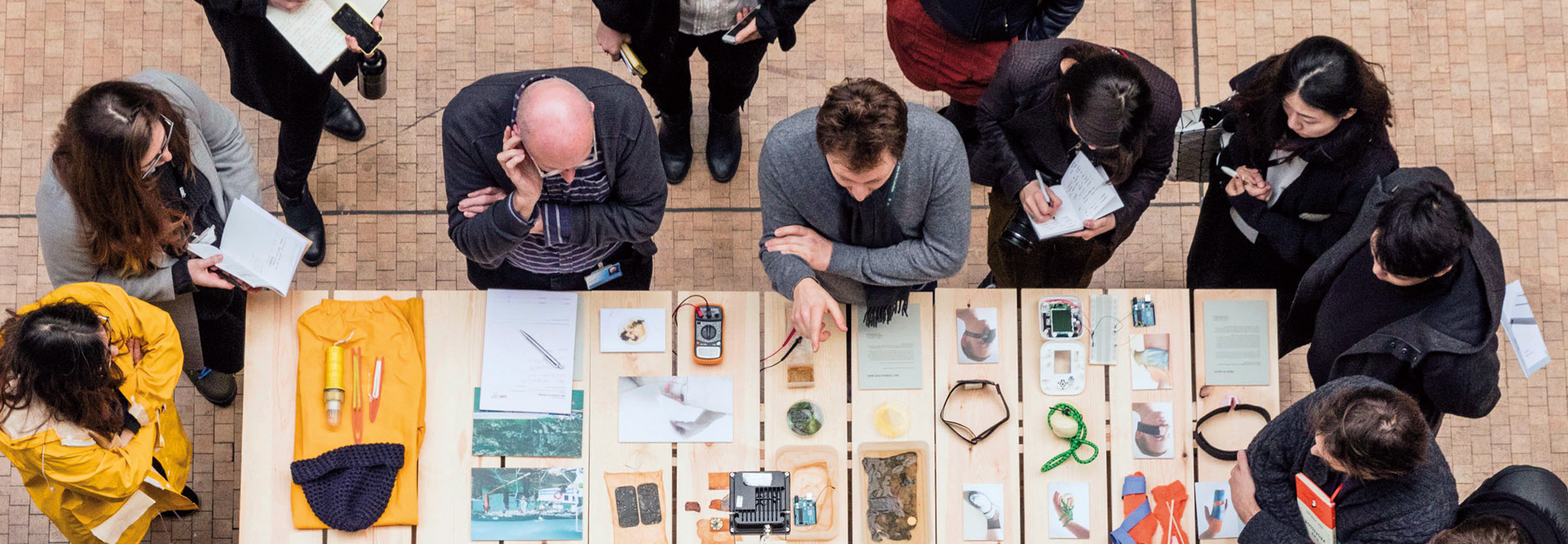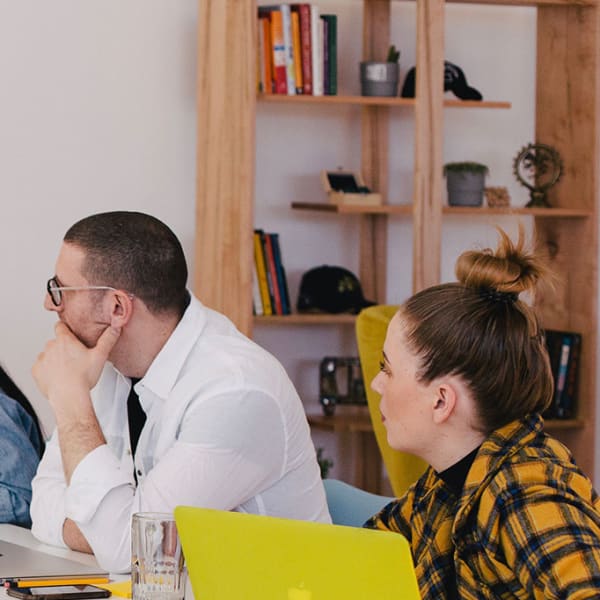In a survey by IBM, 1500 heads and public sector leaders were interviewed on what drives them in managing their companies in today’s world. The survey found that creativity was ranked the most important leadership quality for success in business, outweighing integrity and global thinking.
With the help of industry experts and UAL short courses tutors, we put together a guide on the most important qualities of a creative leader.
“In 2013, the world economic forum said leadership was the biggest challenge we are facing. When we get to 2020, we can see how that has played out. Whether we are looking at political, cultural, educational or community leadership, we need to have leaders who can problem solve.
We need leaders who are not only thinking about the immediate future but also what do we need to be doing to sustain ourselves over the next 10 years.” said Maureen Salmon, Creative leadership expert and Senior Lecturer for the Design School at London College of Communication

What is creative leadership?
Creative leadership is the ability to create and realise innovative solutions in the face of complex or changing situations.
Creative leadership is a take on how leadership is evolving in the 21st century. The world has become hugely complex and old models are becoming obsolete.
"People that want to lead effectively, need to think more on their feet. That involves focusing on human skills, soft skills, empathy, emotional intelligence, creativity and being able to look at problems from other perspectives.” Tina Lilienthal, co-founder of the Human Skills academy.
Creative leaders are those who when everything is shifting and new approaches are unknown, can create clarity of purpose for their teams.
They have the ability to make unusual connections and solve problems by seeing things others don’t.
Check-out our Creative Leadership Online Short Course.
If you want to become a better creative leader, here are ten qualities to start working on:
Be a great listener
Being an effective listener goes a long way. Listening to your team will allow you to understand what is always going on.
“Not just hearing but completely listening to the other person. Without thinking of anything other than that. You can learn from others if you ask the right questions and listen,” said Jo Beardsworth, co-founder of the Human Skills Academy.
Decisiveness & Dedication
"Here’s another consequence of forging your own path: the weight of every decision falls on your shoulders. You can’t rely on a routine to make your choices for you. Recognize that you can’t know all the consequences of your actions in advance, and you don’t necessarily have to. Just pick one option and then do your best. Hard work is a vital component of any creative endeavour.
Once again, there are no shortcuts you can take. The only way to get great results is to allocate enough time and energy to do deep work. Achieving a state of flow is imperative, so avoid any interruptions that could ruin your focus." said Nichole de Carle, serial entrepreneur, leader within the British bodywear industry and UAL Short Courses tutor.
Ditch the ego
A creative leader should avoid being or seeming the ‘expert’. Such egotism can lead to defensiveness and rigid thinking. Creative leaders are always learning, focussing on listening and asking for feedback from their team and encouraging everyone to participate.
Diversity – Be inclusive
“Encouraging diversity is important. People in big organisations, tend to hire according to a certain playbook. If we become more diverse, we become more progressive,” says Tina Lilienthal.
So, go for diversity. The best teams thrive on diversity – idea diversity, cultural and cognitive diversity. Creative leaders seek out collaborations from other disciplines to spark their ideas and inspire their teams. Creative leaders do not build teams in their own image.

Focusing on your weaknesses
Focusing on your strengths will mean your weaknesses are getting weaker. Every day or week, you should be doing something to improve a weakness. When you’re faced with the unknown, don’t run.
"Leaders need to engage in continuous learning and professional development, to stay relevant in addressing contemporary situations," said Maureen Salmon.
Self-awareness
“You can’t be a great motivator and leader if you don’t know yourself. Knowing who you are will allow you to focus on your direction and adapt accordingly," said Tina Lilienthal.
Creativity
The big C.
Creative leaders challenge the process, ask difficult questions and shake up assumptions. Teams, even whole organisations, can easily get into the rut of ‘this is the way we do things around here’. Creative leaders encourage disruptive thinking and challenging the status quo.
“In an everchanging world, you need to be adaptable. And that’s when creativity comes into play,” said Tina Lilienthal.
Some time ago, we designed a Creativity Bootcamp for 20 global leaders HP inc to develop their creative thinking and collaboration skills under pressure. Read about their experience here.
Motivator
“Being a good motivator is key. Find out what makes people tick, and how that comes into play. You have to give people space to be creative and let their ideas run.” said Jo Beardsworth.

Courage to take tough decisions
Courage is the quality that distinguishes great leaders from excellent managers.
Courageous leaders take risks that go against the grain of their organizations. They make decisions with the potential for revolutionary change in their fields.
"The truth is that no creative project can get finished in a total vacuum — you’ll likely need to collaborate with people at some part of the process. Creative thinking means you have to find new ways to do things rather than relying on established norms, and people may react to that with doubt. Risk-taking is an essential part of innovation.
To use your creativity to the fullest, you must find your courage and keep forging ahead." said Nichole de Carle.
Embracing Failure
Speaking of mistakes, if people cannot fail from time to time, they will never achieve great things. This is a cliché in the creativity and innovation business. Nevertheless, it is amazing how many managers still do not tolerate failure. As a creative leader, you know better. Encourage your people to try, fail early and try again. Ensure that they share their failure stories so everyone can learn from them.
“Leaders used to be rigid figures. Being more human and learning from your mistakes is key. We don’t usually talk about the things that didn’t go well; we tend to focus on the successes because it is easier to talk about them. But when we fail is when we learn. Realising that, is what makes you a good leader,” said Tina Lilienthal.
-------------
We will work with you to design tailored-made solutions to meet your training needs. Whether you are looking to up-skill, re-skill or embed creative thinking in your team we can deliver courses that delight. Check-out our customised and professional development training offer.
We’ve launched a series of Webinars, aimed for anyone looking to upskill and develop their professional practices. Through these webinars, you will join our panel of creative industry experts who will present tutorials and workshops covering a diverse range of disciplines across our creative subjects. See our full webinars list.



